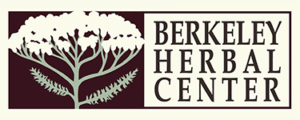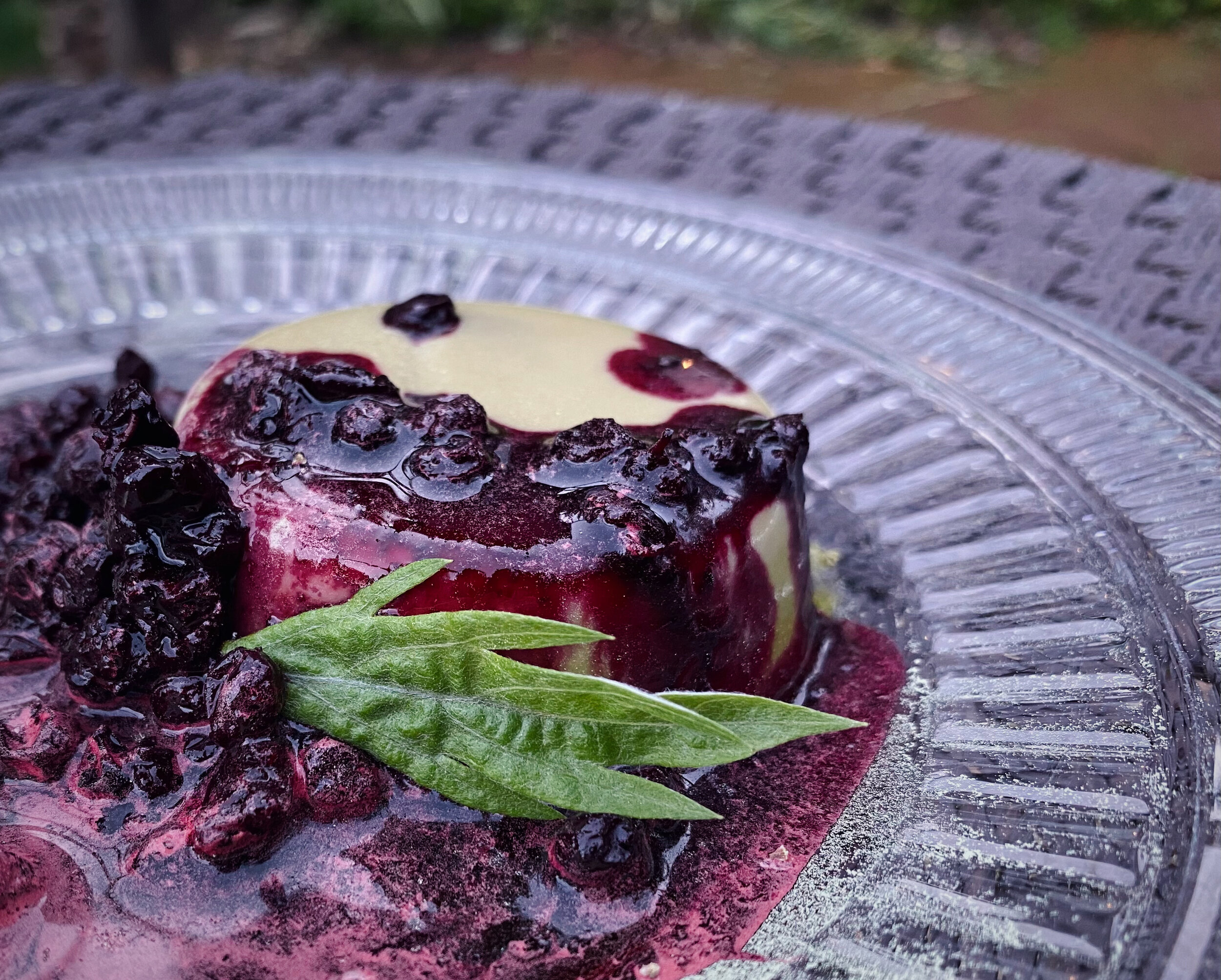Weekend Schedule
Saturday morning
Join Alexandra for an informative herb walk in the East Bay hills. You’ll learn to identify plants and their edible and medicinal virtues, along with proper harvesting and processing techniques. Discussion will include the ethics of wildcrafting to ensure an ongoing bounty for years to come. We’ll focus on invasives and natives that grow and fruit in abundance, and on understanding which wild edibles are rare and endangered and must not be collected. .
Sunday morning
Sunday morning’s classes focus on food preparation with harvested bounty. Join Alexandra at a private venue on the Peninsula, or over Zoom, as she demonstrates recipes that incorporate our seasonal foods into rich, delicious, and invigorating dishes. Chosen recipes will illustrate extraction and food preservation techniques so you can develop the confidence to incorporate these plants into your daily meals.
Seasonal Foraging Focus
These lists are in no way comprehensive, but provide a starting point for our explorations
Summer, August 6 & 7
– Summer’s bounty of heartier leaves, berries, fruits, seeds, grasses, seaweeds (discussed; not harvested); including Oatstraw, Blackberry, Huckleberries, Thimbleberry, Nettles, Yarrow, Mugwort, Pearly Everlasting, Dock seed, Plantain, Bristly Ox tongue, Horehound
Autumn, October 29 and 30
– As the year drifts toward winter, we’ll find the late-ripening fruits, seeds and nuts, dried stalks; including Hawthorn berries, Rose hips, Huckleberries, Bay nuts and leaves, Acorns, Manzanita berry, Nettle seed,
Winter, January 30 and 31
– Time to harvest roots, nuts, and fruits, and with the rains we’ll find young wild greens, mushrooms (discussed; not harvested);, Yarrow, Mugwort roots, Cleavers, Miner’s Lettuce, Chickweed, Redwood, Manzanita berries, Toyon berries, Turkey tails, Dandelion

